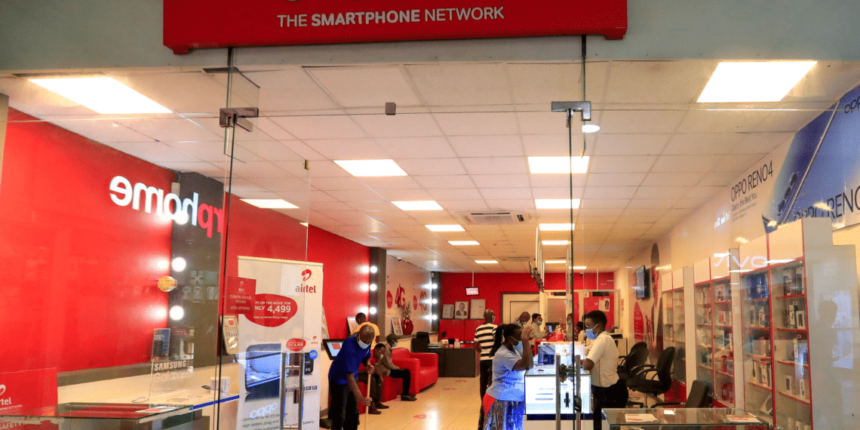So, why the ban on Internet access? The court cited security concerns, fearing that inmates could use the Internet to communicate with the outside world or engage in illegal activities. While the ruling is a victory for education rights, it also highlights the ongoing challenge of balancing rehabilitation with security in prisons.
For Ntuli and other inmates like him, this ruling is a game-changer. Access to a laptop means they can continue their studies, improve their skills, and increase their chances of successful reintegration into society upon release. It’s a small step towards breaking the cycle of recidivism and empowering prisoners to build a better future.
As South Africa moves forward with implementing this ruling, other countries may look to follow suit. Providing educational opportunities for inmates not only benefits the individuals themselves but also society as a whole. It’s a reminder that even behind bars, the pursuit of knowledge and personal growth should not be stifled.
And that’s a wrap for today! Stay tuned for more updates on the latest tech news and innovations from around Africa and beyond. Until next time!








